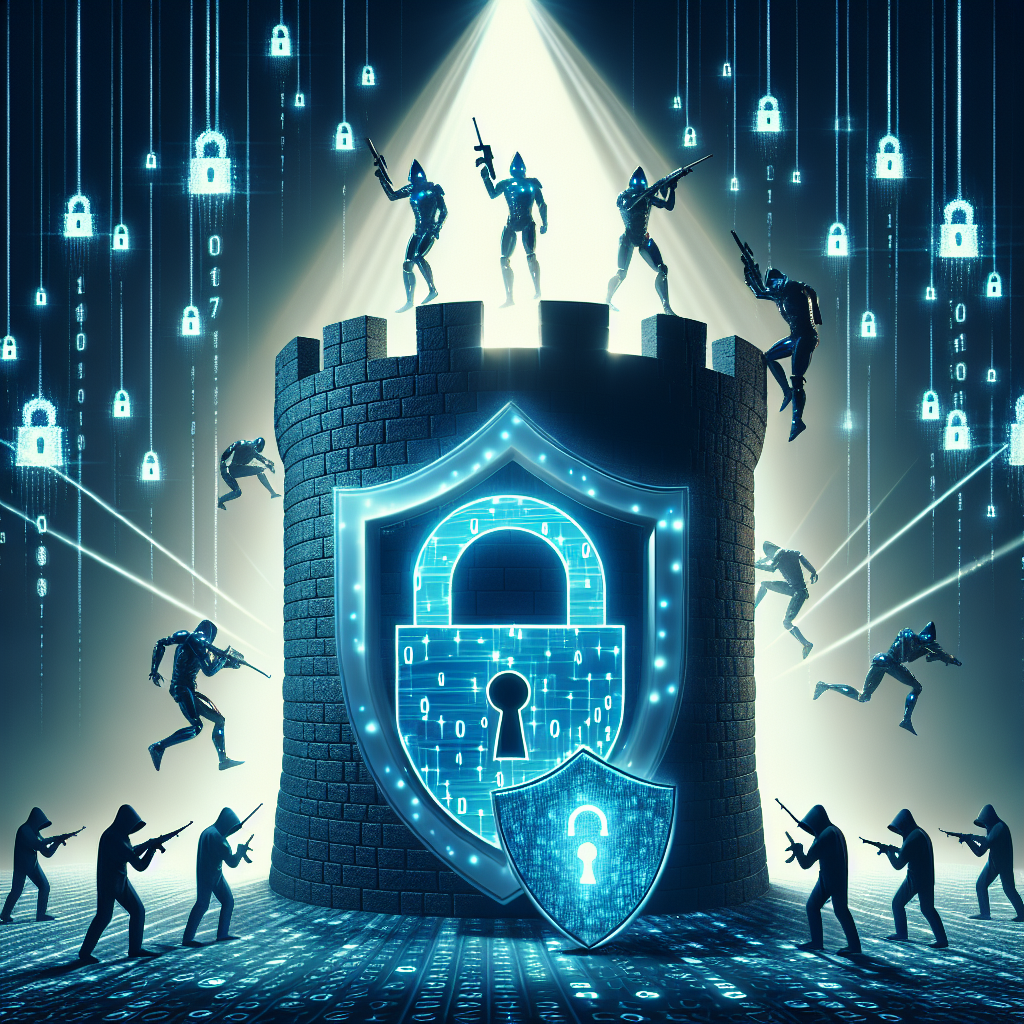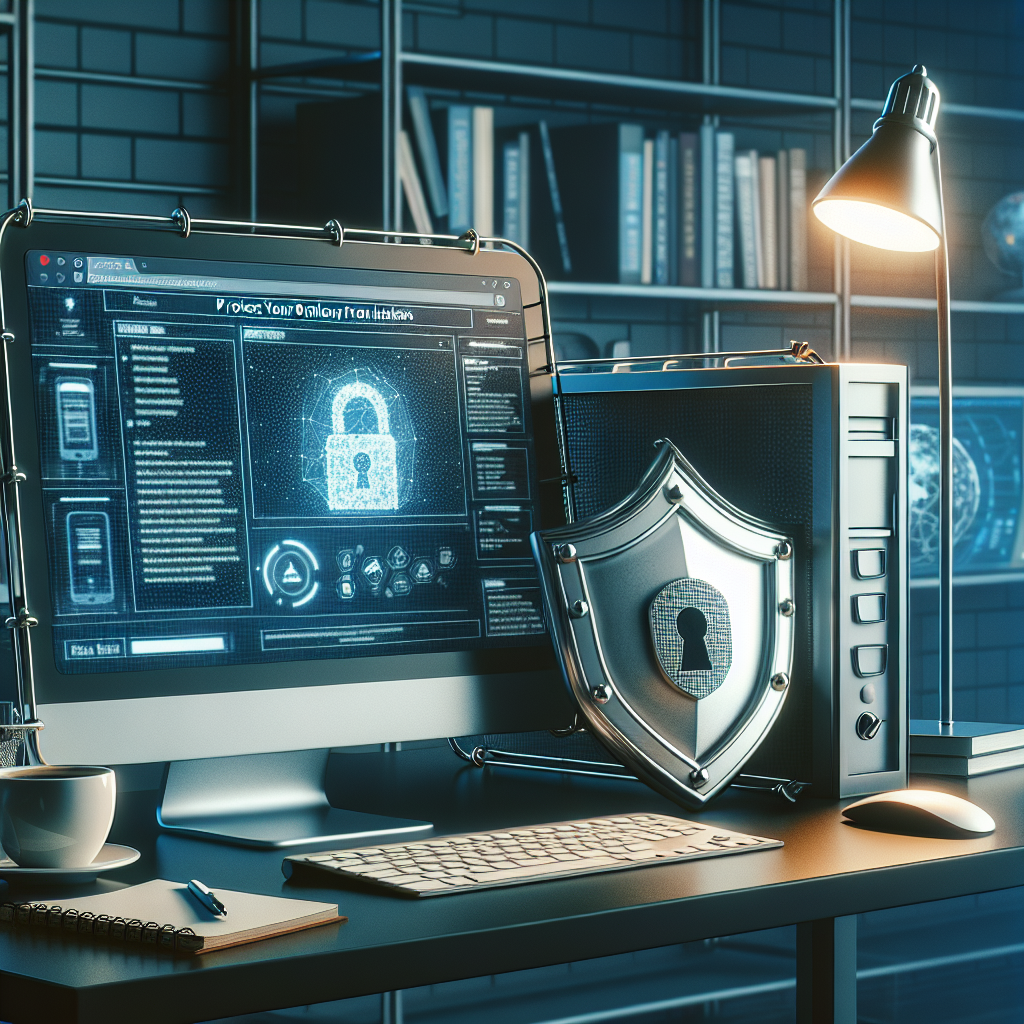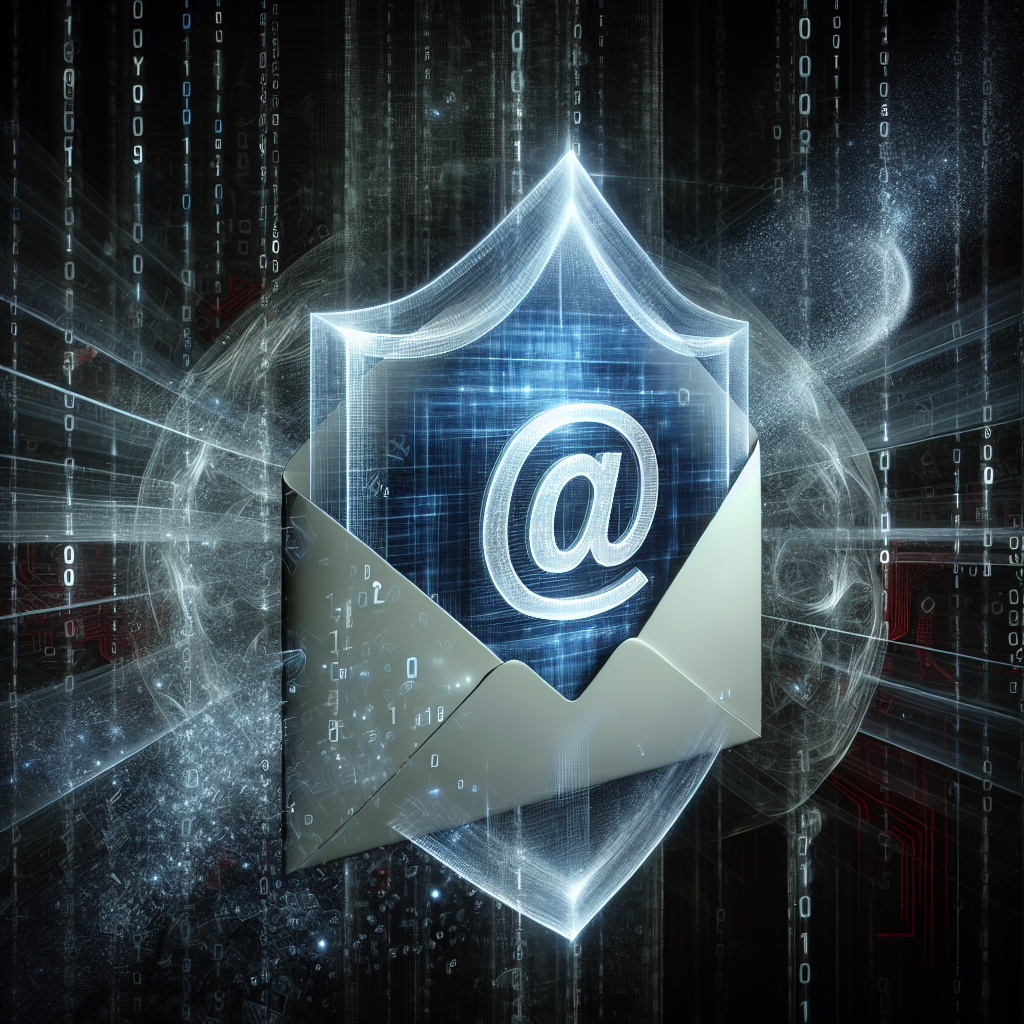In today’s digital age, safeguarding your online privacy from hackers is more crucial than ever. Everyone has access to high-speed internet. And hackers are constantly on the prowl, looking to exploit vulnerabilities and steal sensitive information. From personal data to financial details, your online presence is at risk of being compromised. This article delves into the importance of protecting your online privacy and provides invaluable tips and strategies to keep your information secure. By staying informed and implementing effective cybersecurity measures, you can defend against potential threats and ensure that your online activities remain safe and private. Don’t let hackers breach your privacy – take action today to protect yourself online.
Understanding Online Privacy Risks

– Common Tactics Used by Hackers
– Phishing: Hackers often use deceptive emails or messages to trick individuals into providing sensitive information such as login credentials or financial details.
– Malware: Malicious software like viruses, worms, and trojans can infect devices and steal personal data without the user’s knowledge.
– Man-in-the-Middle Attacks: Hackers intercept communication between two parties, enabling them to eavesdrop on sensitive information exchanges.
– Brute Force Attacks: Cybercriminals use automated tools to systematically guess passwords until they gain unauthorized access to accounts.
-
The Importance of Safeguarding Personal Information
- Identity Theft: Hackers can use stolen personal information to impersonate individuals, commit fraud, or access financial accounts.
- Data Breaches: Cyberattacks on companies can result in the exposure of customers’ personal data, leading to potential identity theft and financial loss.
- Reputation Damage: Privacy breaches can tarnish an individual’s reputation, especially if sensitive information or compromising data is leaked online.
- Financial Loss: Hackers may exploit stolen information to make unauthorized purchases, access bank accounts, or engage in other financial fraud schemes.
Strengthening Your Online Defenses
In the digital age, protecting your online privacy from hackers is paramount. Strengthening your online defenses is crucial in safeguarding your sensitive information and data from falling into the wrong hands. Here are some effective strategies to enhance your online security measures:
-
Utilizing Strong and Unique Passwords
Creating strong and unique passwords is the first line of defense against potential hackers. Avoid using easily guessable passwords such as “123456” or “password.” Instead, opt for complex combinations of letters, numbers, and special characters. Consider using a reputable password manager to generate and store these passwords securely.
-
Implementing Two-Factor Authentication
Two-factor authentication adds an extra layer of security to your online accounts by requiring a second form of verification, such as a code sent to your mobile device, in addition to your password. Enable two-factor authentication whenever possible to reduce the risk of unauthorized access to your accounts.
-
Keeping Software and Systems Updated
Regularly updating your software and operating systems is essential in preventing security vulnerabilities that hackers can exploit. Set up automatic updates whenever feasible to ensure that your devices are equipped with the latest security patches and bug fixes. Additionally, be cautious of phishing emails or suspicious links that may contain malware designed to compromise your system’s security.
Securing Your Internet Connection
One of the fundamental steps in safeguarding your online privacy from hackers is to secure your internet connection. This involves implementing various strategies to protect your data and communication channels from potential threats.
- Using a Virtual Private Network (VPN)
- Utilizing a VPN is a powerful way to enhance your online privacy by creating a secure and encrypted connection to the internet. This technology masks your IP address and encrypts your internet traffic, making it difficult for hackers to intercept and decipher your data.
- VPNs are particularly useful when accessing public Wi-Fi networks, as they add an extra layer of security to prevent unauthorized access to your sensitive information.
- When choosing a VPN provider, opt for reputable services that prioritize user privacy and implement robust encryption protocols to ensure the confidentiality of your online activities.
- Being Cautious on Public Wi-Fi Networks
- Public Wi-Fi networks are hotspots for hackers looking to exploit vulnerabilities and intercept data transmitted over these unsecured connections. Exercise caution when connecting to public Wi-Fi, as your information could be at risk.
- Avoid accessing sensitive accounts or sharing confidential data when connected to public Wi-Fi networks, as hackers can easily eavesdrop on your online activities and steal your personal information.
- Consider using a VPN or mobile data connection when accessing the internet in public places to minimize the risk of falling victim to malicious attacks.
- Encrypting Sensitive Data Transmission
- Encrypting sensitive data transmission adds an extra layer of security to your online communications, making it challenging for hackers to decipher the information being shared.
- Implement end-to-end encryption tools for messaging apps, emails, and file transfers to protect the confidentiality of your conversations and prevent unauthorized access to your data.
- Regularly update your encryption protocols and security software to stay ahead of emerging threats and ensure that your online privacy remains intact.

Safeguarding Your Social Media Presence
In the digital age, protecting your online privacy from hackers is crucial, especially when it comes to safeguarding your social media presence. Here are some key strategies to consider:
- Adjusting Privacy Settings:
- Take the time to review and adjust the privacy settings on your social media accounts regularly.
- Limit the amount of personal information visible to the public or even to your connections.
- Be cautious about granting permissions to third-party apps that may have access to your data.
- Being Mindful of Information Shared Online:
- Think twice before sharing personal details such as your address, phone number, or birthdate on social media platforms.
- Avoid posting information that could be used to answer security questions or compromise your accounts.
- Consider the potential consequences of sharing sensitive information, even within private messages or closed groups.
- Recognizing Social Engineering Tactics:
- Be wary of unsolicited messages or friend requests from unknown individuals.
- Watch out for phishing attempts that may try to trick you into revealing login credentials or other sensitive data.
- Educate yourself on common social engineering tactics used by hackers to manipulate users into divulging information.
Monitoring Your Online Accounts
- Regularly Checking for Suspicious Activity
It is crucial to frequently monitor your online accounts for any signs of unauthorized access or suspicious activity. This includes reviewing your account login history to ensure there are no unrecognized devices or locations accessing your accounts. Additionally, keep an eye out for any unfamiliar emails, messages, or notifications indicating potential security breaches.
- Setting Up Alerts for Account Changes
To enhance your online security, consider setting up alerts for any changes made to your accounts, such as password modifications, email address updates, or new device logins. By receiving immediate notifications for these alterations, you can promptly take action in the event of unauthorized changes and prevent further compromise of your account information.
- Reviewing App Permissions and Third-Party Access

Take the time to review the permissions granted to apps and third-party services that have access to your online accounts. Limit the amount of data these entities can retrieve and ensure they only have access to the information necessary for their functionality. Regularly audit and revoke permissions for apps or services that you no longer use or trust to minimize the risk of data exposure to potential hackers.
Educating Yourself and Others
Staying informed about the latest cyber threats is crucial in safeguarding your online privacy from hackers. By regularly following reputable cybersecurity news sources and staying updated on emerging threats, you can enhance your awareness of potential risks and take proactive measures to protect your personal information.
Training on recognizing phishing attempts is another essential aspect of online privacy protection. Phishing attacks remain a prevalent method used by hackers to trick individuals into revealing sensitive data such as login credentials and financial information. By educating yourself on common phishing tactics and red flags to look out for, you can minimize the likelihood of falling victim to these deceptive schemes.
Promoting online safety practices to friends and family is a proactive way to extend the protection of online privacy beyond your own devices. Encouraging loved ones to use strong, unique passwords for each online account, enable two-factor authentication where available, and exercise caution when sharing personal information online can help create a culture of cybersecurity awareness within your social circles. By collectively prioritizing online privacy, you can strengthen the overall resilience against potential cyber threats and mitigate the risk of unauthorized access to sensitive data.
FAQs: Protecting Your Online Privacy from Hackers
What are some common tactics used by hackers to gain access to my online information?
Hackers use a variety of methods to try to gain access to your online information, including phishing scams, malware, and brute force attacks. Phishing scams involve tricking you into providing sensitive information like passwords or personal details through fake emails or websites. Malware is malicious software that can infect your devices and steal your data. Brute force attacks involve hackers repeatedly trying different password combinations until they find the correct one.
How can I protect my passwords from being stolen by hackers?
One of the best ways to protect your passwords from hackers is to use strong, unique passwords for each of your online accounts. Avoid using easily guessable passwords like “password123” or “123456” and consider using a password manager to securely store and generate complex passwords. Enable two-factor authentication whenever possible to add an extra layer of security to your accounts.
What steps can I take to secure my Wi-Fi network from potential hackers?
To secure your Wi-Fi network from hackers, make sure to change the default network name (SSID) and password to something unique and strong. Enable WPA2 or WPA3 encryption on your router to prevent unauthorized access. Disable remote management of your router and regularly update your router’s firmware to patch any security vulnerabilities. Additionally, consider setting up a guest network for visitors to keep your main network safe.
How can I protect my personal information while using public Wi-Fi networks?
When using public Wi-Fi networks, it is important to avoid accessing sensitive information like online banking or personal emails if possible. Consider using a virtual private network (VPN) to encrypt your internet connection and protect your data from potential hackers on the same network. Disable file sharing and enable firewall protection on your device to further secure your personal information.


